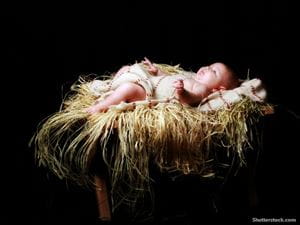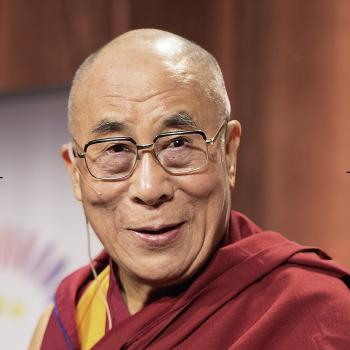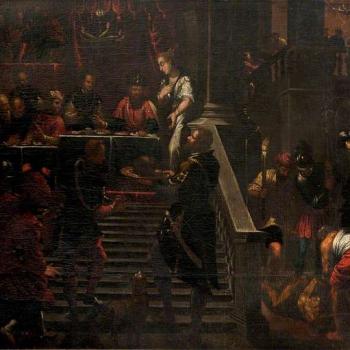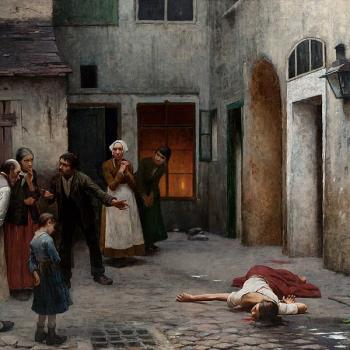
For Christians, Christmas is the celebration of the birth of Jesus Christ. The feast's original name was “Christ Mass,” or the celebration of the Christ. “Christ” is the Greek word that translates the Hebrew word “Messiah.” Thus, Christmas is a celebration of the coming of the Messiah, the birth of the one who would save the world. This brings such a spirit of hope to Christians that celebrating this event is always joyous.
While Christmas Day is recognized on 25 December each year, this was an intentional choice by the ancient church. Because of references to the story in scripture that talk about shepherds in the fields, which is more commonly a spring activity, it is unlikely that he was actually born on 25 December. The early church chose 25 December in part because it was close to the winter solstice, which is the point in the northern hemisphere when the darkness begins to give way to the light.
When Christians talk about the birth of Jesus, they remember his humble beginnings. He was not born as a king in a palace or born with great human fanfare. Rather, he was born to a peasant girl, Mary, who was traveling with her husband, Joseph, far from home. The only place they could find to stay was in a stable.
Despite these circumstances, the young family was not alone. The Bible says that upon his birth, angels showed up to some shepherds tending their flocks in the fields. They announced to them the good news (“gospel”), the wonderful message that Christ the Lord had been born. The shepherds rushed to Bethlehem, found the baby, and told Mary and Joseph about the angelic visitation (Luke 2.1-20). This scene—Mary, Joseph, the newborn infant, and the shepherds, along with a variety of animals that might have been in a stable—comprises the nativity scene, or crêche, that many families have in their homes. Sometimes these scenes include the magi—astrologers or wise men who, having seen a brilliant star, understood it to be a sign of a great king being born. They journeyed to Bethlehem as well, offering gifts of gold, frankincense, and myrrh to the child (Matthew 2.1-12).
The real mystery of Christmas, however, is not just the birth of a hero, but, according to Christians, the birth of God himself as a human being. This concept is called the Incarnation. Scripture teaches that Mary was a virgin, and that Jesus would be conceived within her by an action of the Holy Spirit, and that therefore the child would be holy, divine (Luke 1.26-38). Another name for Jesus is Immanuel, which means “God with us” (Matthew 1.18-25). So for Christians, Christmas Day is a day to remember, celebrate, and rekindle hope in the kindness of God who became a man to save the world. Jesus was fully human, born as a baby, but also fully divine, born of God. His life begins like any other human life, as a helpless infant, but Christmas initiates the events that would lead to the adult Jesus dying on the cross, making reconciliation with God possible, and then, after three days, rising from the dead to vanquish all death.
Today, Christmas has become fully commercialized in ways that make the most secular, or even those of other faiths, comfortable celebrating it. It is often presented as a holiday of good cheer, celebration of families and gift-giving, friendship, and general goodwill toward everyone. Christmas trees, many-colored lights, festive songs and carols, brightly wrapped gifts, eggnog, and Santa Claus have taken over the holiday in many ways. Christians enjoy these traditions as well, but they also strive to remember the events that lie at the heart of the holiday—the birth of their Lord and Savior, Jesus Christ.
Read more about Christians and their beliefs about Jesus here.
6/6/2025 9:13:58 PM










